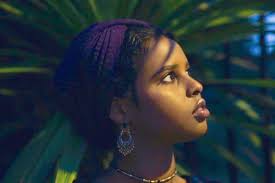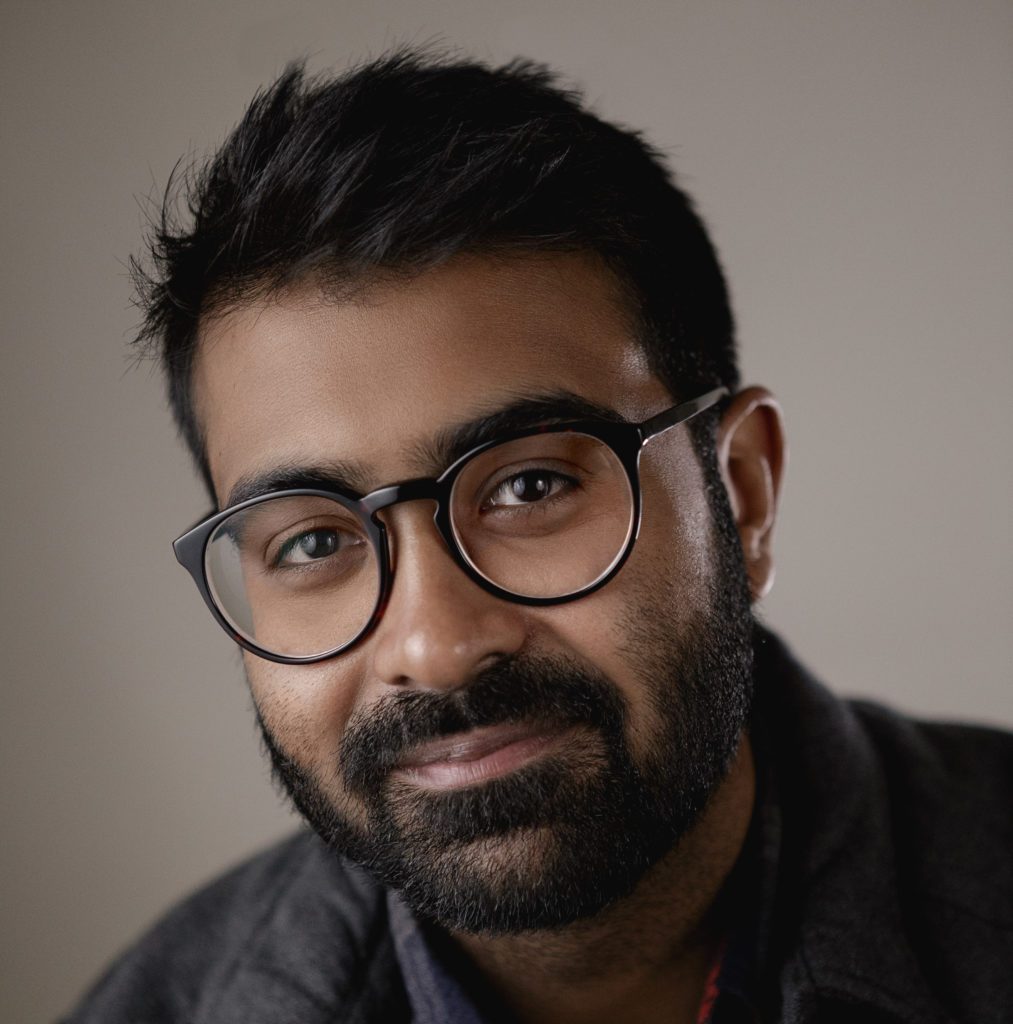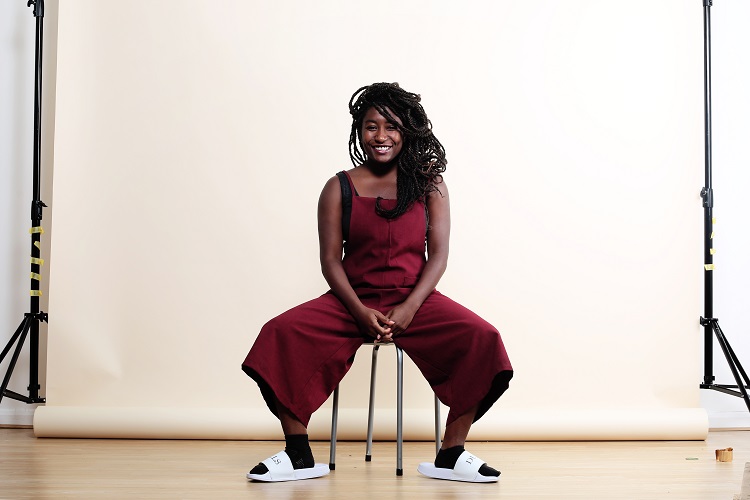Future Myths - Meet the Speakers

Future Myths – Meet the Speakers
Saturday 13 July, 10am–noon & 1–4pm
For most of history, humans have been guided by religion and myths that have given our lives a sense of meaning. Now we live in an information age but no longer know who to trust, and we increasingly feel that our lives are inconsequential.
The second of our three Interdependence Saturday Summits responds to questions prompted by Studio Créole at MIF19 and asks: what are the new stories we need and who should tell them? In the morning session (10am-midday) we’re joined by many of the participants in MIF19’s Studio Créole.
Sessions include:
Ngũgĩ wa Thiong’o, celebrated Kenyan novelist and playwright, explores questions of writing and identity in conversation with poet Lemn Sissay.
Hans Ulrich Obrist, Studio Créole’s co- curator, in conversation with writers Patrick Chamoiseau and Alejandro Zambra about theories of créolisation and the relationship between literature and politics.
Adam Thirlwell, Studio Créole’s creator and co-curator, and John Collins, its director, in conversation with Japanese writer Sayaka Murata and her on-stage translator, discussing the relationship between literature, translation and the act of interpreting.
Adania Shibli and Sjón join Alex Evans, founder of the Collective Psychology Project, to discuss the new stories needed to resist the present moment’s reactionary fables and how even the most contemporary narratives have mythical outlines underneath them.
In the afternoon (1–4pm), gal-dem, the award-winning magazine and media platform run by women and non-binary people of colour bring their pioneering storytelling to the stage.
Emma Dabiri’s ground-breaking book, Don’t Touch My Hair, has elevated the dialogue about black people’s curls and coils. In this talk, chaired by gal-dem’s Charlie Brinkhurst-Cuff, Dabiri will be discussing how the book unpicks radical theories around mathematics, time and metaphysics and why black hair has been meaningful throughout history and will continue to be so in the future.
How can we unpack the experiences of people of colour through use of the absurd?
Surrealism in film hosted by gal-dem features editor, Kemi Alemoru:
Over the last couple of years, we’ve become familiar with Afro-futurism in art. It looks at the black experience now through a futuristic lens of how our lives could be. In contrast, Afro-surrealism is an off-kilter look at what we’re experiencing in the present. In the US there have been notable works recently that explore the black experience through the absurd. Strangeness and blackness underpin a number of seminal works in film, art and television. Body snatching was a nod to cultural appropriation in Jordan Peele’s Get Out, while transracialism and whitefacing were featured comically in Donald Glover’s Atlanta. All of these works share common strands: things that feel out of place or absurd, things that would or should never happen all to unpack the disturbing things that actually do. During our panel discussion we’ll assemble creatives to look at how surrealism and magic realism can be used as an artistic tool to communicate the experiences and anxieties of people of colour.
Jade Jackman, genre-bending film director. Winner of best short at the BFI Future Film Festival 2018 and shortlisted for this year’s Amnesty International new voice award for film. She has worked for VICE, the Guardian, NOWNESS, Al Jazeera, the Huffington Post, I-D, V&A, Gucci, Boiler Room and more
Akinola Davies Jr, film and video artist whose work is situated between West Africa and the UK. He explores themes of race, identity, gender and inclusion, telling the stories that bridge the gap between traditional and millennial communities.
See a clip from a recent BBC film by Akinola:
Momtaza Mehri

Momtaza Mehri is a poet, essayist and meme archivist. She is the co-winner of the 2018 Brunel International African Poetry Prize. Her work has been widely anthologised and has appeared in Granta, Artforum, Poetry International, BBC Radio 4, Vogue and Real Life Mag. She is the former Young People’s Laureate for London and a columnist-in-residence at the San Francisco Museum of Modern Art’s Open Space. Her chapbook sugah lump prayer was published in 2017.
Hussein Kesvani, in conversation with Xena Hussain

Journalist Hussein Kesvani will be discussing his acclaimed book Follow Me, Akhi: The Online World of British Muslims, which explores what it means to be a British Muslim in the age of social media and the internet, with writer Xena Hussain. From gamers to Isis fighters, women’s groups to YouTube debaters, the discussion will explore the multi-dimensional cultural identity of British Muslims today, both online and IRL in their communities and across the UK.
Wacky Racists gal-dem on the theme ‘future myths’ hosted by comic Sophie Duker.
Get ready, get set… it’s MACH-y RACISTS! In this one-off festival special of the cult comedy cabaret, daredevil comics crush bigotry with funnies. Very important: emphatically NOT a show for ACTUAL RACISTS. Hosted by triple-threat minority Sophie Duker with a guest cast of top POC comedy talent.

Sophie Duker is a bombastic black sheep whose favourite things include breaking hearts, taking names and telling jokes with the confidence of a cis straight middle-class white man. As seen on Channel 4 (Riot Girls), BBC Three (Quickies) and Comedy Central. Host of the Wacky Racists Comedy Club.

